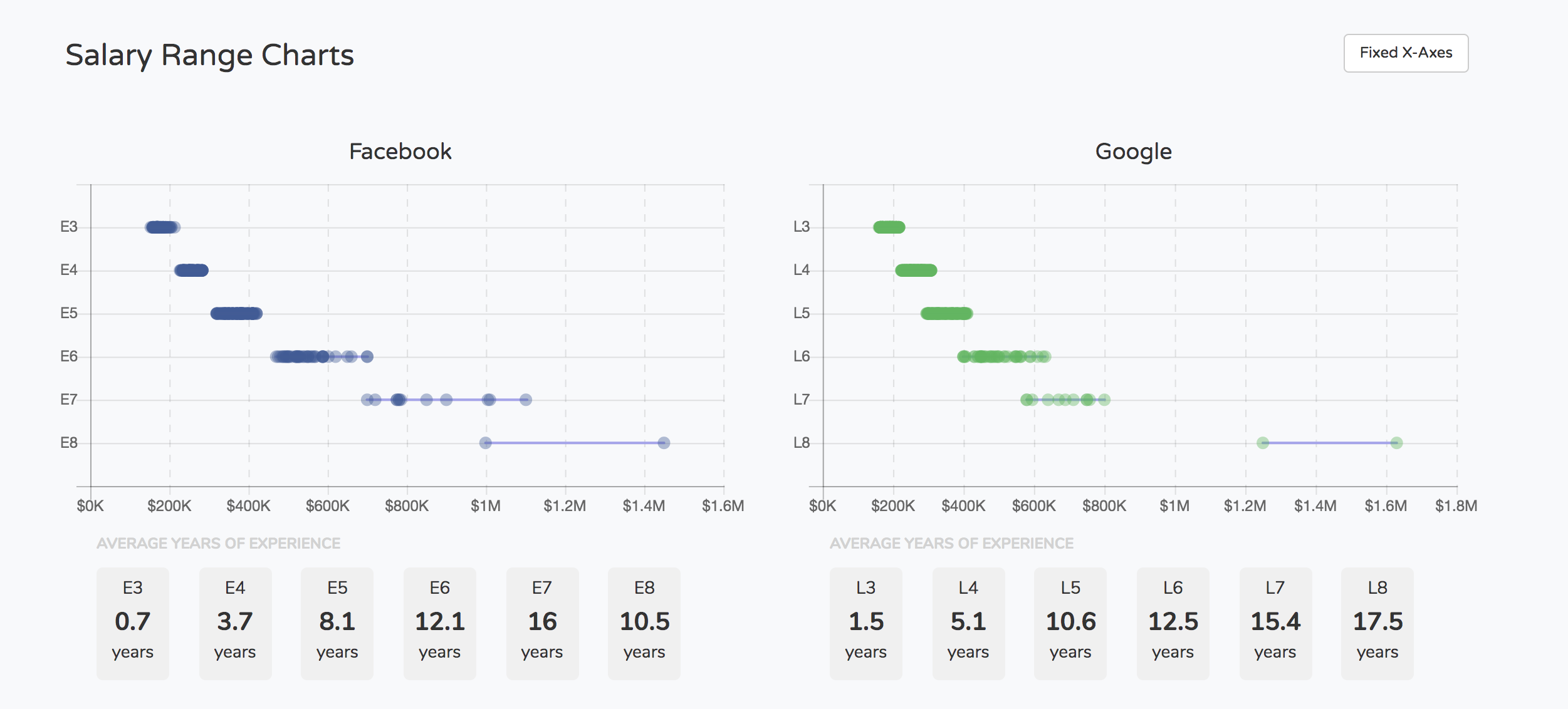Work Rules Review
This is my review of “Work Rules” by Laszlo Bock. The author is the former head of HR at Google - or of people operations as they’re known there. The book aims to present what makes Google special from this point of view, such that it’s consistently considered one of the best places to work in the world, and what other companies might learn from their approach.
I must admit I also read this as a refresher on Google’s approach to “people”. While not perfect, it is definitely good. And having to think more and more at work about these problems I found myself drawn to my past experience there.
While the book is worthwhile and entertaining, it’s especially useful if you’re in a position to influence these things. And as the author goes to great lengths to explain, most of the stuff Google does is either about attitude and empowerment, or is very cheap. So if they can give you the same edge as Google’s it’s a good thing to want to implement, and the book does offer something in the way of a blueprint.
There are fourteen chapters in total. I won’t go over each one but rather highlight the ones I found particularly interesting. In general the prose is crisp, and the main points of each chapter are punctuated by anecdotes and examples. More than once links to research is provided, which tends to offer more weight to the arguments being made. But I did not dig into the references to check more than this.
The chapter “Don’t trust your gut” is about interview processes. Google is (in)famous for their tech interviews, but in reality all positions have high bars and hence difficult interviews. But what goes on in the background is probably even more interesting. In general, it’s not a manager that’s hiring, but the company. Decisions are made by hiring committees for which the interviewers are merely sensors. Both the interviewers and the process itself are constantly being analysed and tuned. The end goal is to have a fine tuned machine for identifying and finding the best folks to join the company.
The chapter “Pay unfairly” is about compensation strategies, and how they should be structured. The author makes the point that performance and impact is distributed according to a power law, which essentially means that the majority of people in an organisation have regular impact, but there’s small numbers of superstars with outsized impact. However, comp structures at most companies assumed a normal distribution of impact, which places too big emphasis on the “middle” band. This causes a lot of problems, chief amongst them are employee churn and disengagement because of the unfair situation. The solution is indeed to pay according to the impact. In practice, this translates into the career levels structure following a power law too, and compensation increasing sharply with level. You can check an example of this at levels.fyi.

The chapter “The best things in life are free” is about how many of the office perks at Google are actually free or cost very little. Most of them are actually about allowing various vendors to operate in an office, for example, but don’t incur any cost to Google (barbers, dry cleaners, etc), or small costs (massage, bikes, etc). The big point though is to be open to such things and to involve the workers in the process and allow them to make suggestions, participate in tests, provide feedback, etc.
The chapter “Nudge … a lot” is about how to design an organisation’s policies to achieve various good effects, but not be heavy handed about it. It’s a bit like UX for policies, in that different wordings in messages, rearranging options given to people, all the while not mandating any particular course of action, will lead to better outcomes than just mandating it. Examples of reciclying, vagetarian-only options at certain cafes, etc are provided as good examples of this.
To sum it up this is a really good and useful read. Check it out for sure.